Hungry for help: refugees in Kenya feel the effects of recent food cuts
KAKUMA REFUGEE CAMP, Kenya, January 9 (UNHCR) – Nyachot squints up at the midday sun above Kakuma Camp as she stirs the daily meal for her family. Before last November, the 34-year-old South Sudanese refugee could cook twice a day. But when the World Food Programme cut rations by 50 per cent that month, she feared for her children’s future.
“The food does not even last the two weeks that it should,” Nyachot told UNHCR visitors, turning to gaze at her baby son. Like thousands of other women at this camp in north-west Kenya, she relies completely on the rations she receives, in the absence of any other source of income. Full rations were later resumed on January 1, but the situation remains serious and fresh funding is needed to avert the risk of further cuts in the future.
Nyachot fled South Sudan in February last year, after fighting intensified between government forces and rebels. Desperate to save her children, she embarked upon an arduous weeklong journey that took her from her home in Maiwat, Upper Nile state to Nadapal, the border entry point to Kenya.
Her eyes filled with tears as she recalled the trauma. “I travelled by boat with about 40 other people for five long days to Juba and then took a bus from there to Nadapal,” she said. “My children were hungry and thirsty.”
When they finally arrived in Nadapal, UNHCR officials and other humanitarian agencies were there to greet them with energy biscuits and water. Later, at Kakuma’s reception centre, they received hot meals, sleeping bags and a place to sleep, before being transferred to Kakuma 4, the new settlement area for South Sudanese arrivals.
For Nyachot, finding refuge in Kakuma and receiving food assistance was a huge relief. Non-food items, such as blankets, cooking utensils, an energy stove and jerry cans, were also supplied and helped her family settle into their new home. But with the food ration cuts in November, Nyachot’s concern quickly began to grow.
In one of the nearby mud houses, Stephen and Gawar shared similar worries. They fled Pangak in South Sudan’s Jonglei state and, like Nyachot, sought refuge in Kakuma. “The situation is very bad,” observed Stephen, interviewed before full rations were resumed last week. “We eat once a day and the food can get finished after five days. Some of our people are even thinking of going back home. It is not an ideal solution, but people are desperate.”
Nyagai, their 36-year-old neighbour, concurred. “Once the rations run out, I survive by begging for food from my neighbours,” she says. “It is a shame to do so but what option do I have?”
Her friend, Nyapel, smiled sadly when she revealed that she could not breastfeed her 11-month-old son due to a medical condition. “I have to sell part of my meagre rations so as to buy milk for him. If I don’t this, then my son will not survive.”
After the ration cuts took effect in November, concerted efforts were made by World Food Programme to raise additional funding and restore full rations – and this was possible at the start of the month. But the funding situation remains uncertain and WFP and UNHCR have issued joint appeals to donors for help.
Meanwhile, UNHCR and partner NGOs continued to engage with refugees through their community leaders to assure them of continued support during November and December. These efforts were a result of the recent joint Inter-Agency Regional Appeal for the South Sudan Emergency Response.
Although refugees had been assured that this was a temporary situation, they remain concerned. “If the food cuts continue, many people will suffer, especially the elderly, the women and children,” said Gawar. Stephen believed that their hope lies with UNHCR.
As she turned back to her cooking, a glimmer of hope flickered in Nyachot’s eyes. She, at least, believed that things would get better; if not for her then at least for her children.
Page 17 of 18
-

A Nairobi School Warms Up To Refugee Children
1 May 2016UNHCR and education partner Xavier Project visit Murema Primary School after the completion of training for teachers on better discipline practices and refugee issues.
-
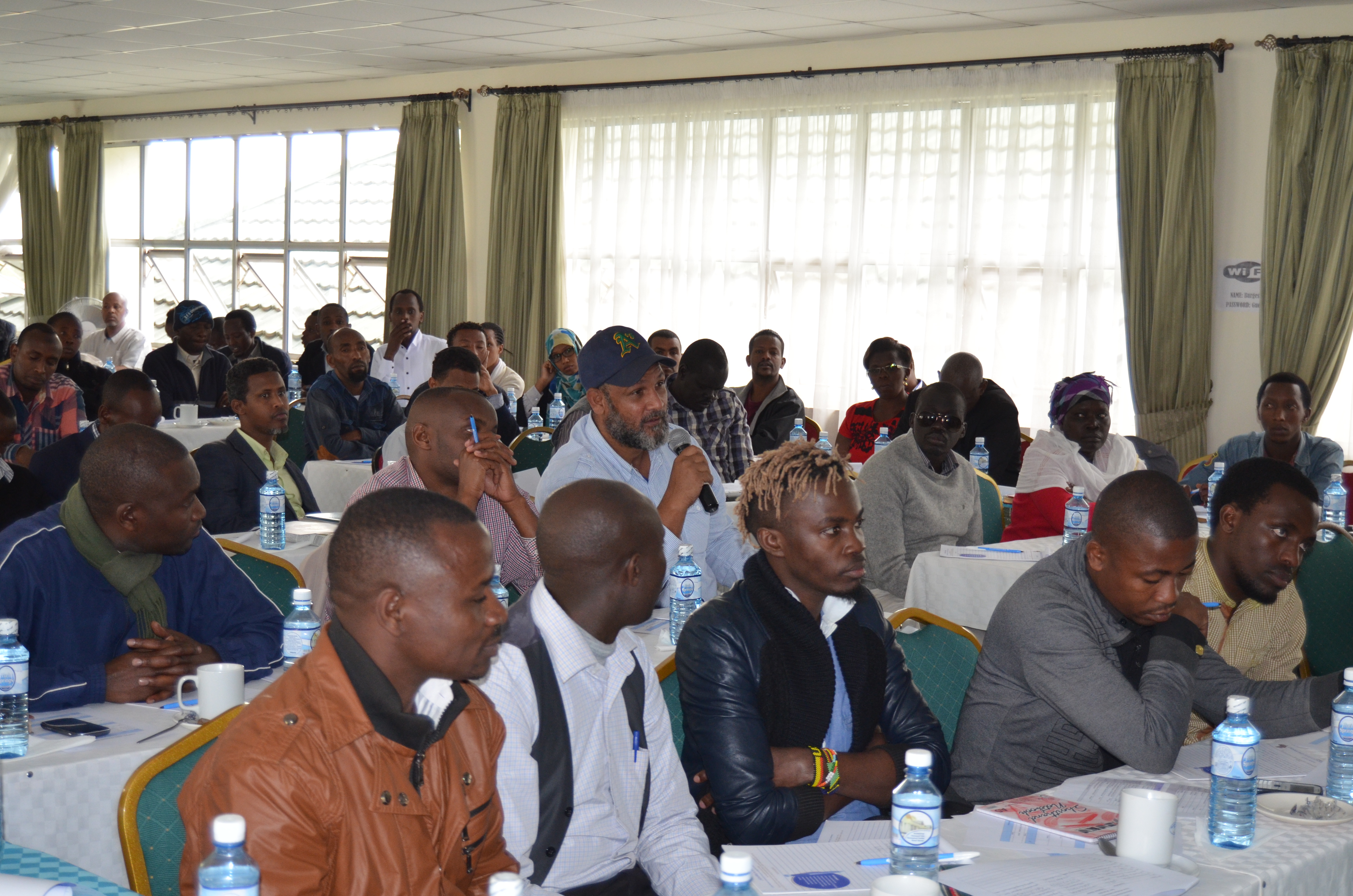
Community-Based Protection Approach
4 Apr 2016Community members are critical players in the protection work. The link between communities and protection is mutually reinforcing.
-

Bono Discusses Possible Solutions for Dadaab
28 Mar 2016“You do exist. We need to make things better. Refugees must never be asked to prioritise their needs.”
-
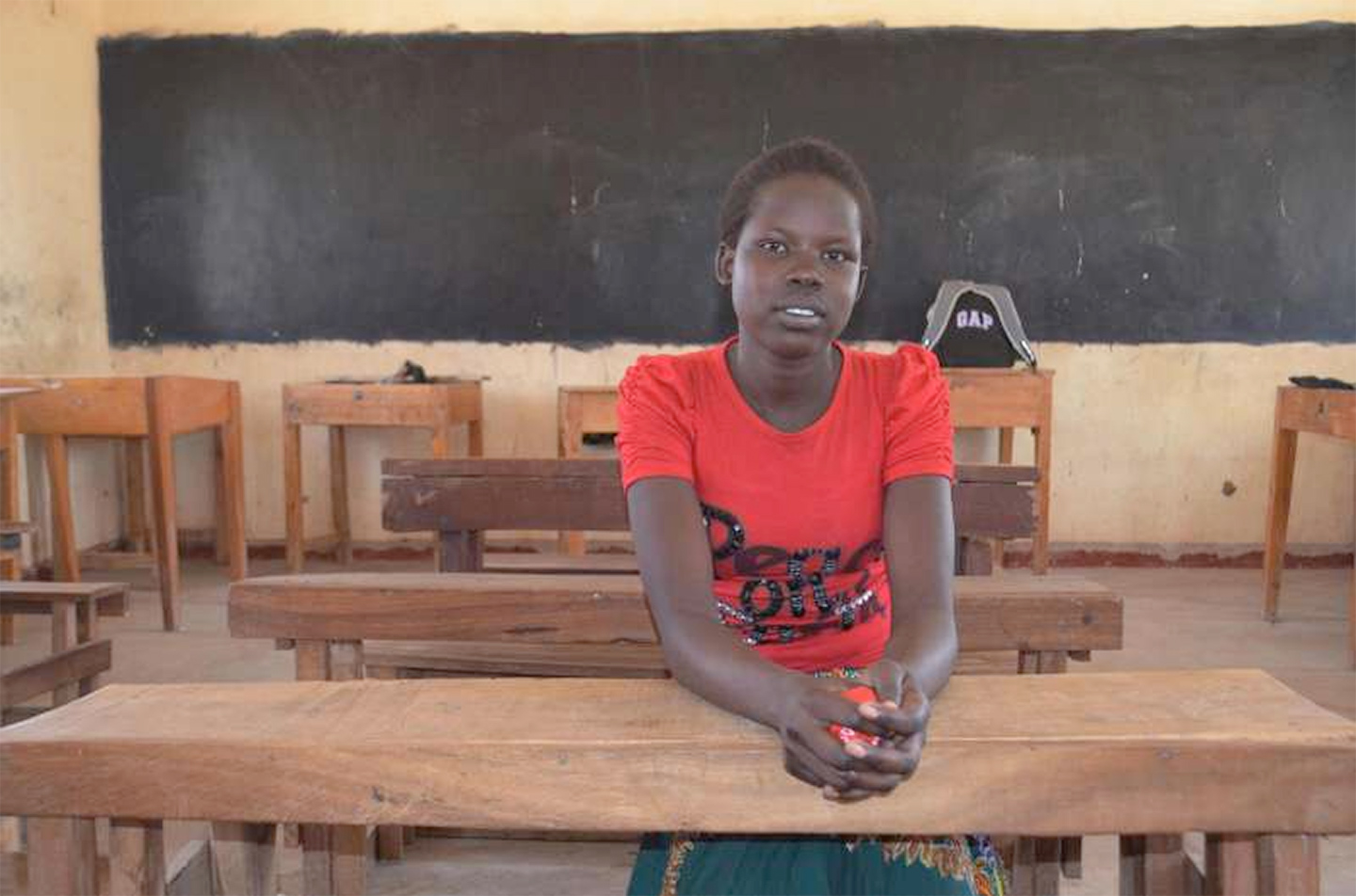
Student Excels at Angelina Jolie Pitt-Funded Girls School in Kenya Camp
27 Mar 2016Naomi Chol studied at a school funded and supported by Oscar-winning actress Angelina Jolie Pitt, but the 16-year-old from South Sudan has become a celebrity herself.
-
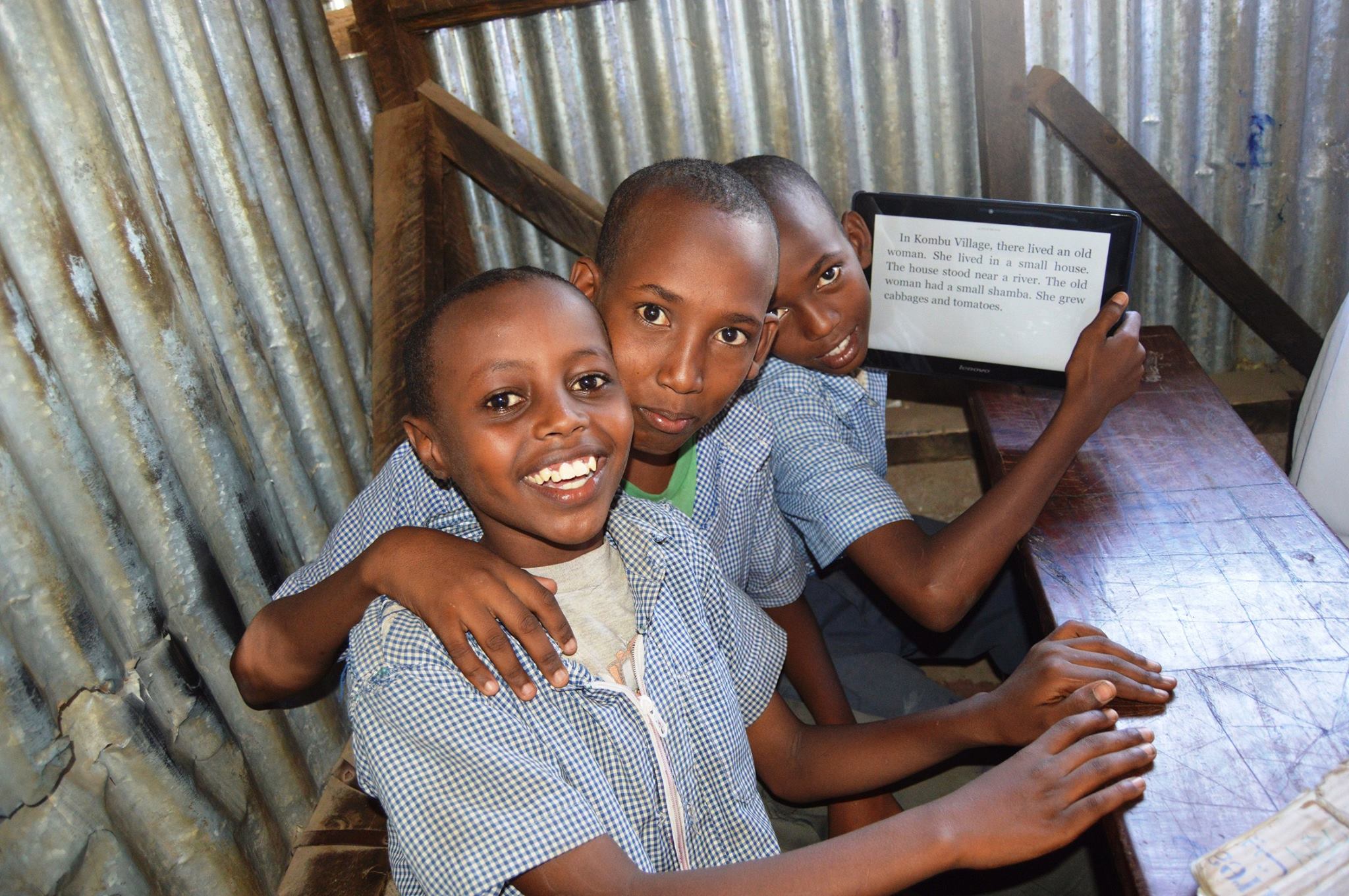
Kakuma Instant Network Schools Centres are Buzzing
19 Feb 2016The INS centres have become hubs of activity as refugees take the opportunity to enter a world of knowledge with just a tap of a finger
-
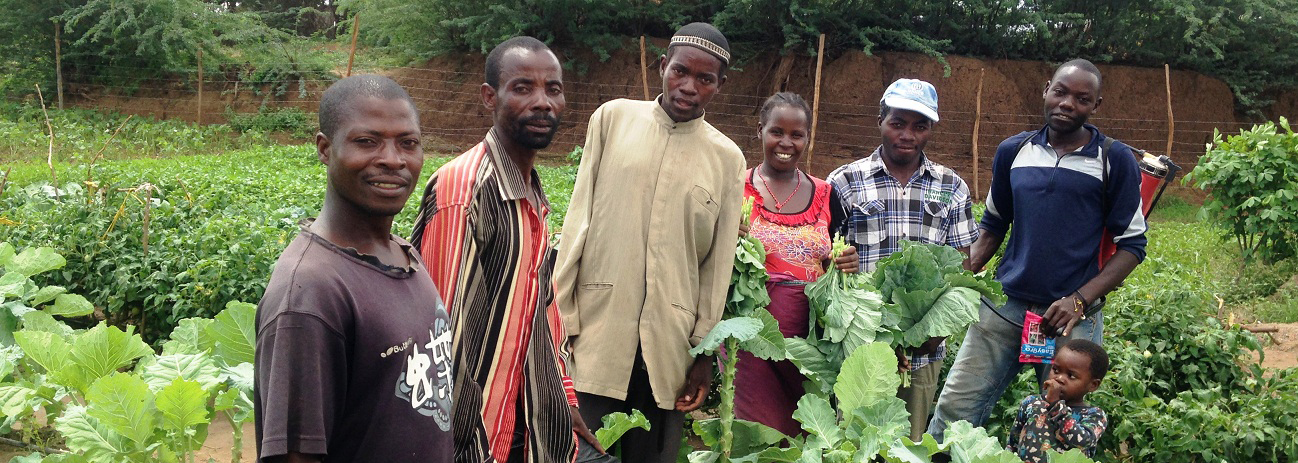
Model Farms Transforming Lives In Kakuma Refugee Camp
18 Dec 2015Binamungu was keen on farming despite the climatic hardships so he and a group of friends started farming along the river beds that cut across the camp.
-
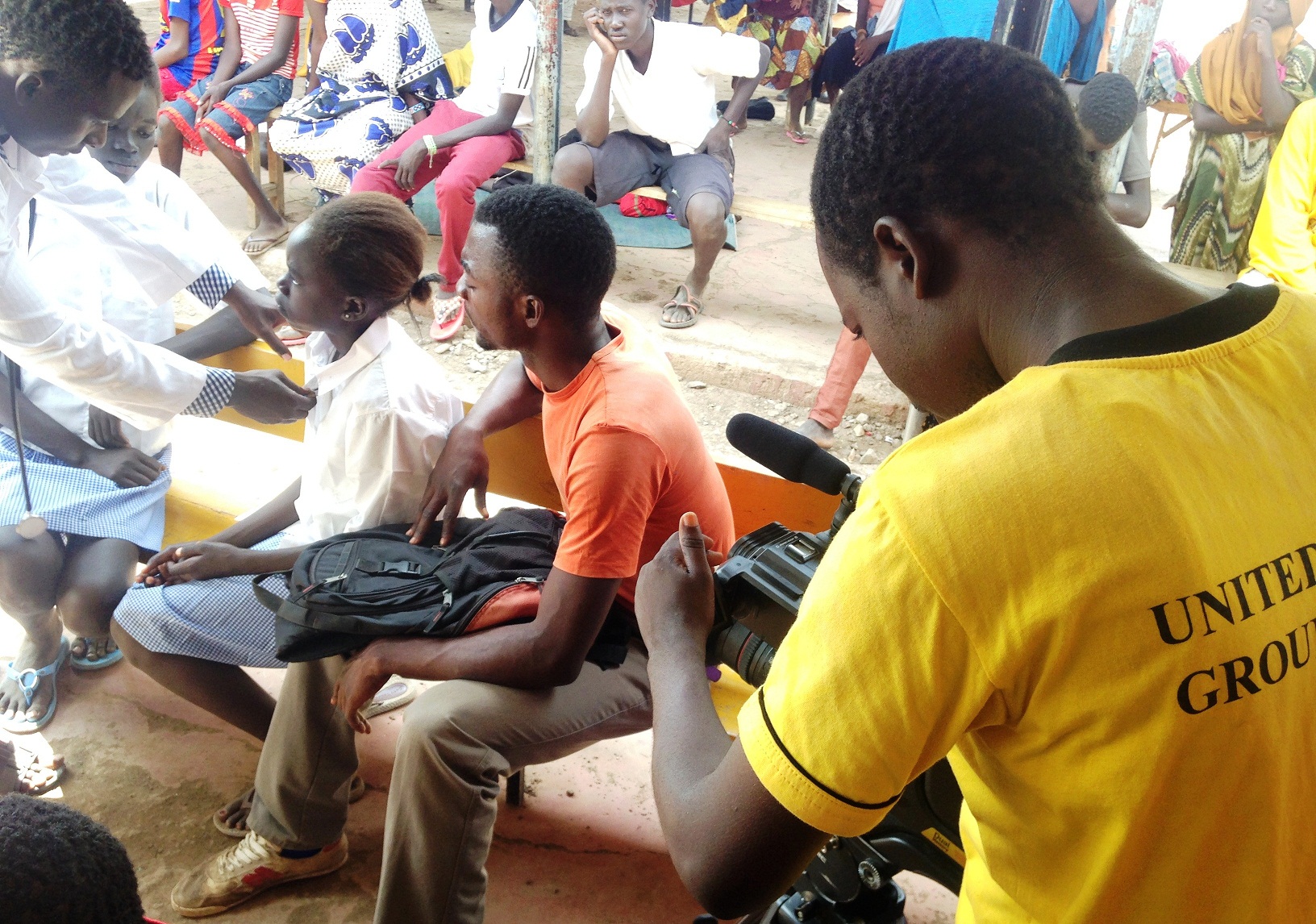
Kakuma Refugees Make a Movie
18 Dec 2015United Drama for Peace, a drama group from Kakuma Refugee Camp is shooting a movie.
-
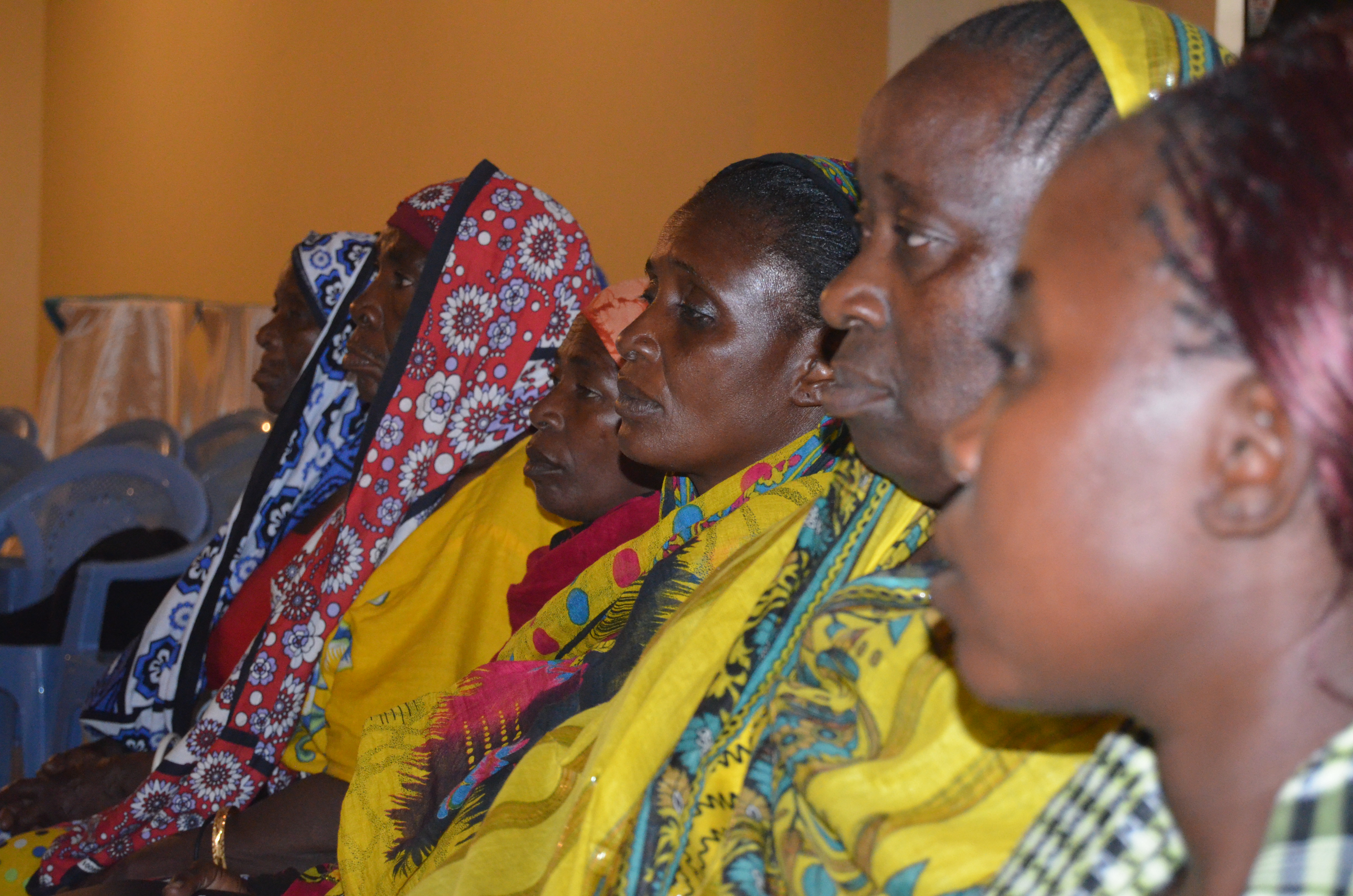
Exhibition on Statelessness Brings Together Stakeholders
30 Oct 2015In marking the first anniversary of UNHCR’s Global Action Plan to End Statelessness in 10 Years, a two-day exhibition was held at the Nairobi National Museum in Kenya on 28th and 29th October 2015.
-

Birth Registration: The First Step in Ending Statelessness
6 Oct 2015The Nubian Rights Forum in collaboration with UNHCR and the Department of Civil Registration have organized a 3-day mobile Birth Registration Campaign in Kibra, Nairobi.
-

Hundreds Join UNHCR Eastleigh Clean-Up Exercise
28 Aug 2015Hundreds attended the one day clean-up exercise in Eastleigh organised by UNHCR jointly with partners in collaboration with the County Government of Nairobi.
